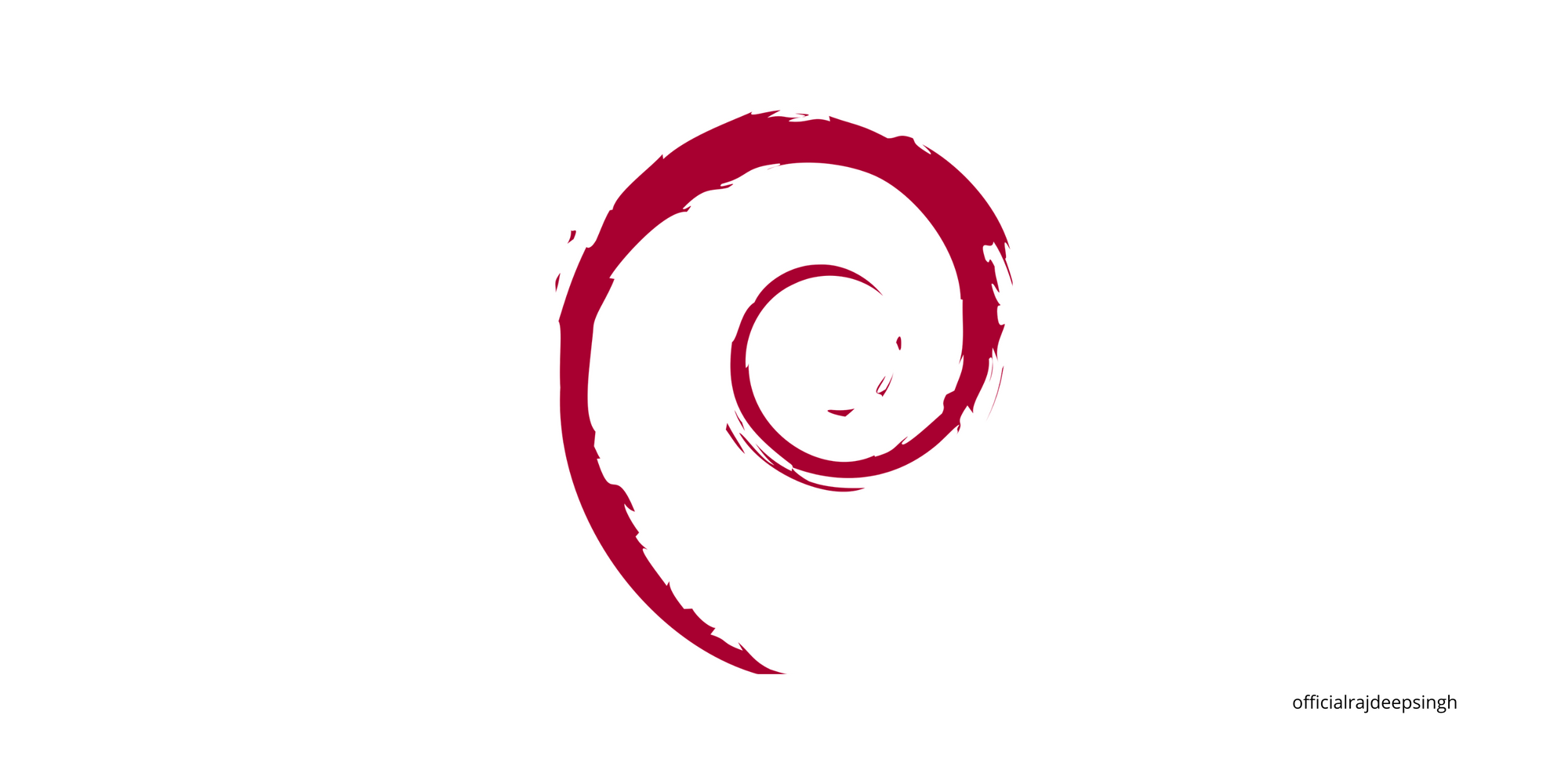what are some good things I should do right from the start?
I normally open up a web browser and search "
what are things to do after installing debian 12" and read a number of articles for ideas. I generally follow none of them, but they may provide me with ideas of what I want.. I'll usually then follow
official guides on how to achieve what I decided I wanted, over articles I got from a search engine if I have no idea who wrote them, or how trustworthy they are.
Should I put home on a separate partition? I saw a YouTube video that said to do this because its easier to re-install the OS or upgrade later? Is this true?
I'll differ to the prior answer of
@KGIII here, and say I normally would do it. Some GNU/Linux OSes do not give any benefit from it (eg.
you'll gain nothing with Ubuntu Desktop or flavors), but I can't even recall if Debian benefits from this on re-install, or like Ubuntu doesn't care. If you want the ability to go elsewhere, or
non-destructively re-install I think it's worthwhile...
Keeping it simple is usually best; this is one circumstance where I'd go against that sorry. The box I'm using now is installed on a single partition (
not counting ESP), as is my other OS on it; but both systems are Ubuntu and I can't see moving away from them. I can't recall if my Debian boxes are all like this though; I suspect most if not all have separate /home.
I also read to uninstall Firefox and install flatpak version? Also do this with most of the other software too?
I can't comment here, I don't... but I really only using
firefox on my Debian 13 or
testing box, or when I'm on Ubuntu systems.
I thought I would install gnome env and plasma and try both to see what ones I like.
I also notice there was something about x11 and Wayland. I think this is how the GUI is displayed yes?
One thing I
love about Debian is how
bloated you can make it... My
secondary PC which runs Debian
trixie (13/
testing) offers me 26 session choices at login, ie. loads of different DEs & WMs at login.
Adding many DEs (& WMs) can add complexity; & waste resources, eg. KDE Plasma is a Qt5 desktop, GNOME is GTK, so adding them to the same system can result in you trying to use both at the same time, thus mandating your machine having both Qt5 & GTK libs/toolkits in RAM wasting RAM! which can slow down a machine significantly if its not got the spare resources.
FYI: My
secondary PC is a 2008 dell box; old c2q-9400 cpu so is very
light on resources though thankfully has 8GB of RAM, but I'm still careful with what I have running at the same time.
I have sessions that allow me to use KDE Plasma, or GNOME using X11 (Xorg)
display server or Wayland
display manager. Both your hardware, and that apps you'll run may make one easier or better than the other; or they'll just appear
slightly different.
I'm just looking for pointers now so if/when I install it on my main desktop I get the install/setup right the first time.
I'd not worry about getting it
right the first time, many of us learn best by making mistakes, and then do most of our learning when we fix up those mistakes!
I've got many things I want to get done today; middle of that list is a QA (
Quality Assurance) test for a Ubuntu
flavor, and involves a non-destructive re-install of the system... That's an install type useful to
fix mistakes, but in my case I'm just going to do that install to ensure
- none of my data files (esp. music) gets lost
- my manually installed (the additional apps I added; esp. my non-default music player) gets auto-reinstalled
Mistakes do
not need to be catastrophic; many have quick easy fixes (
although re-install is really a workaround).




